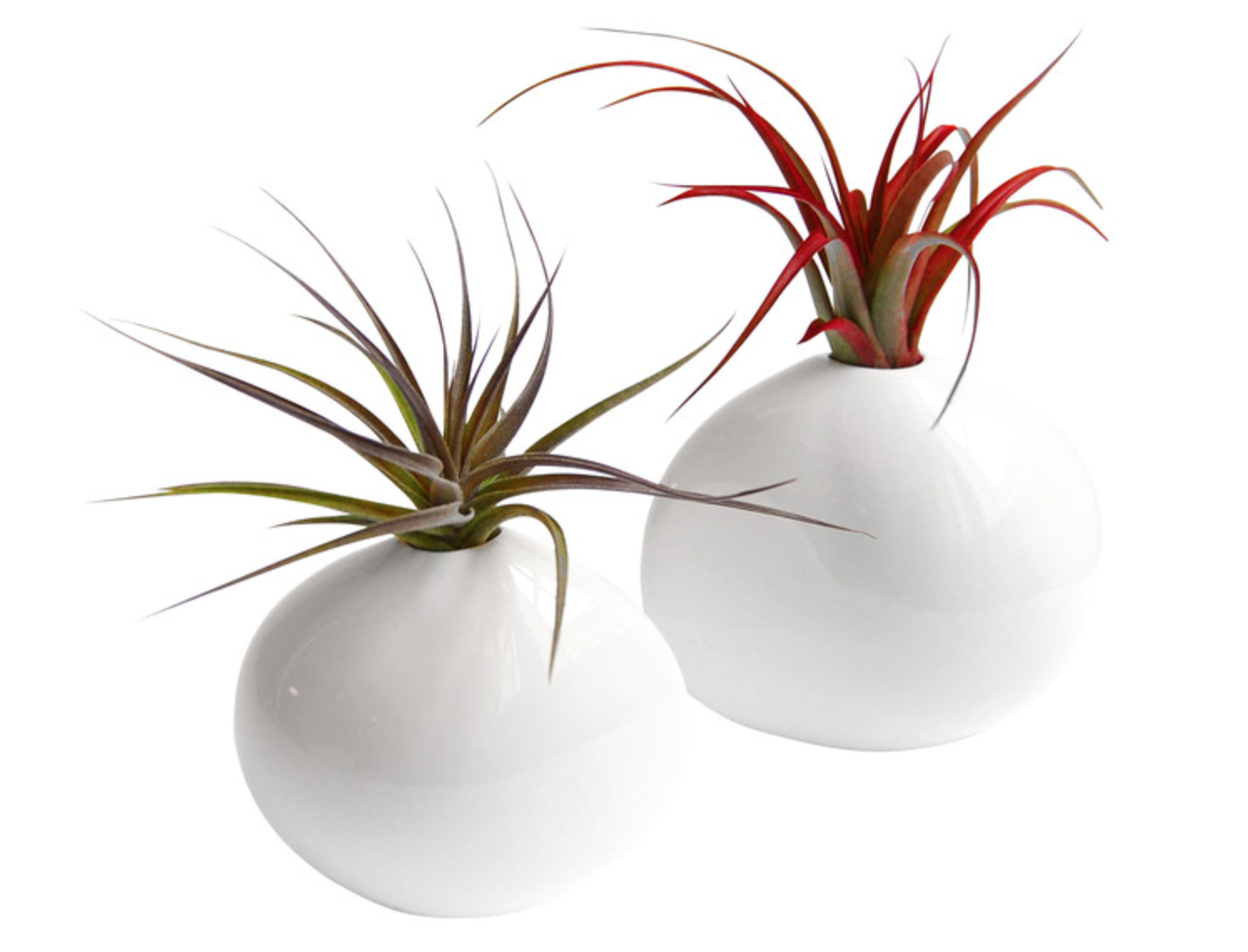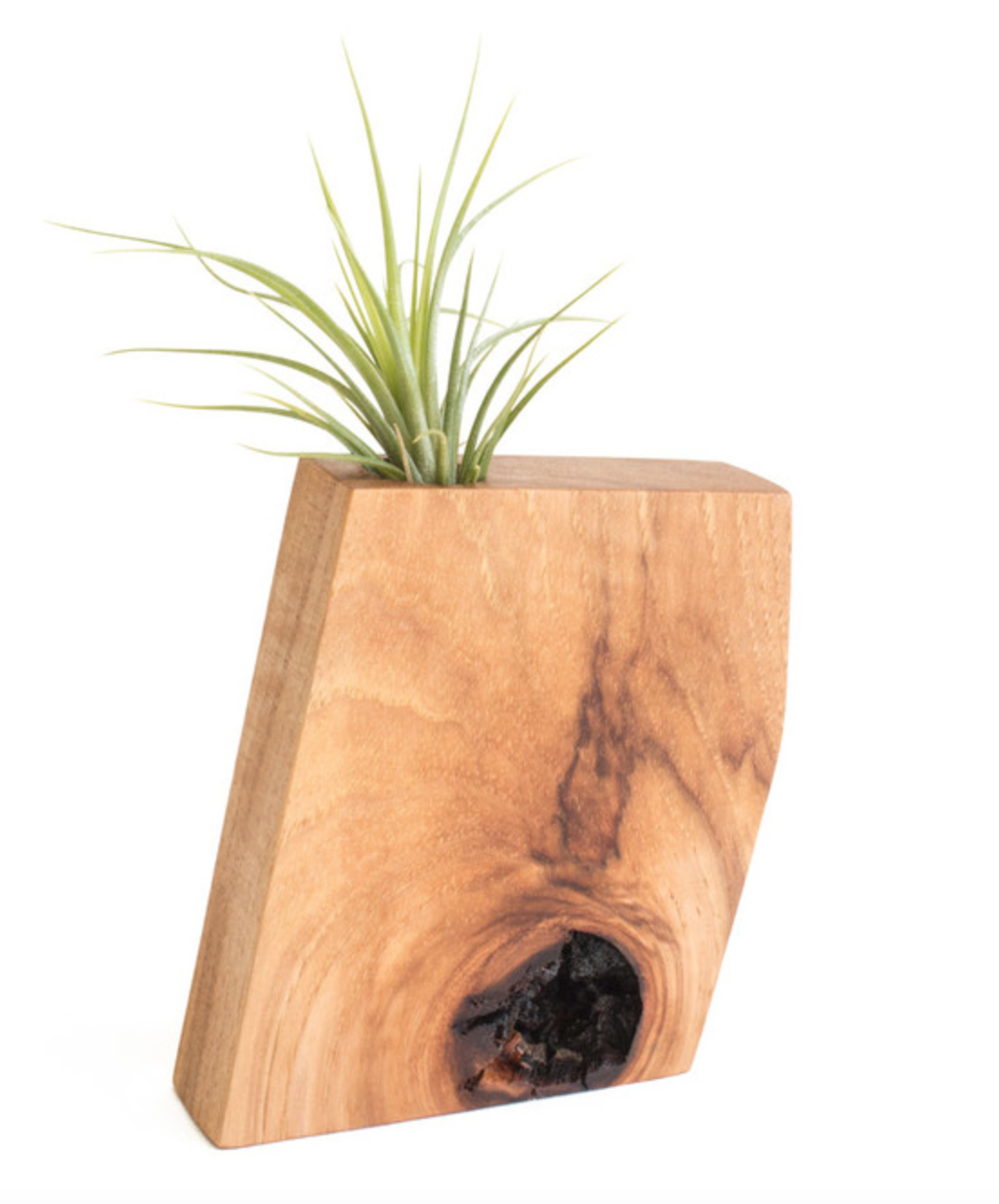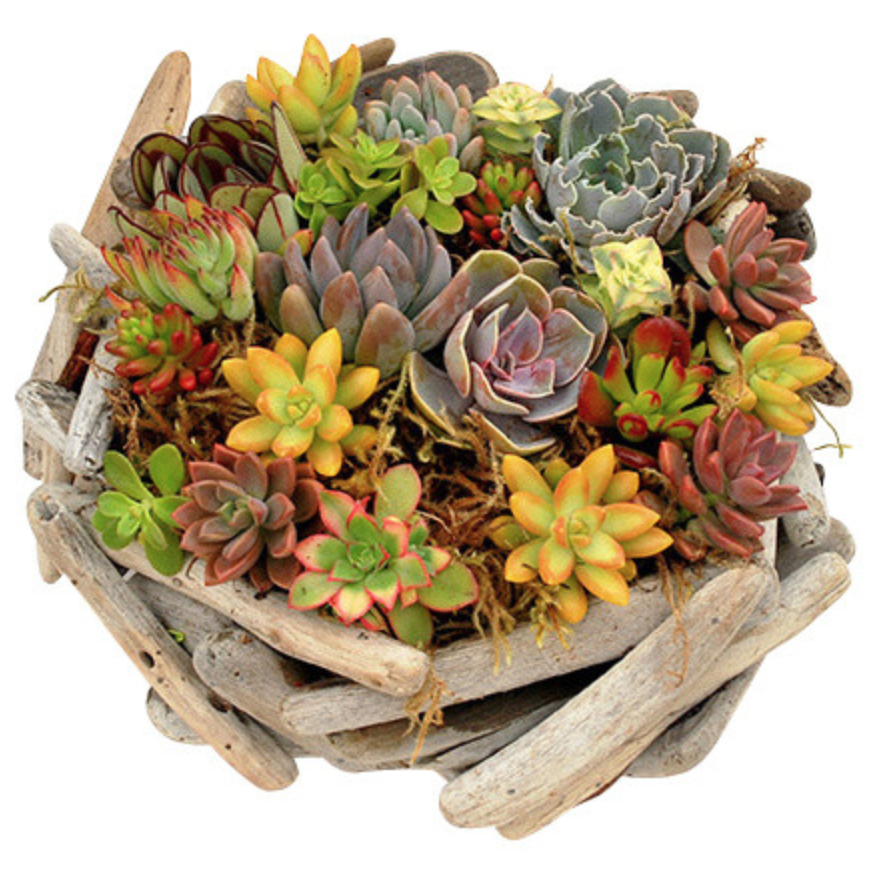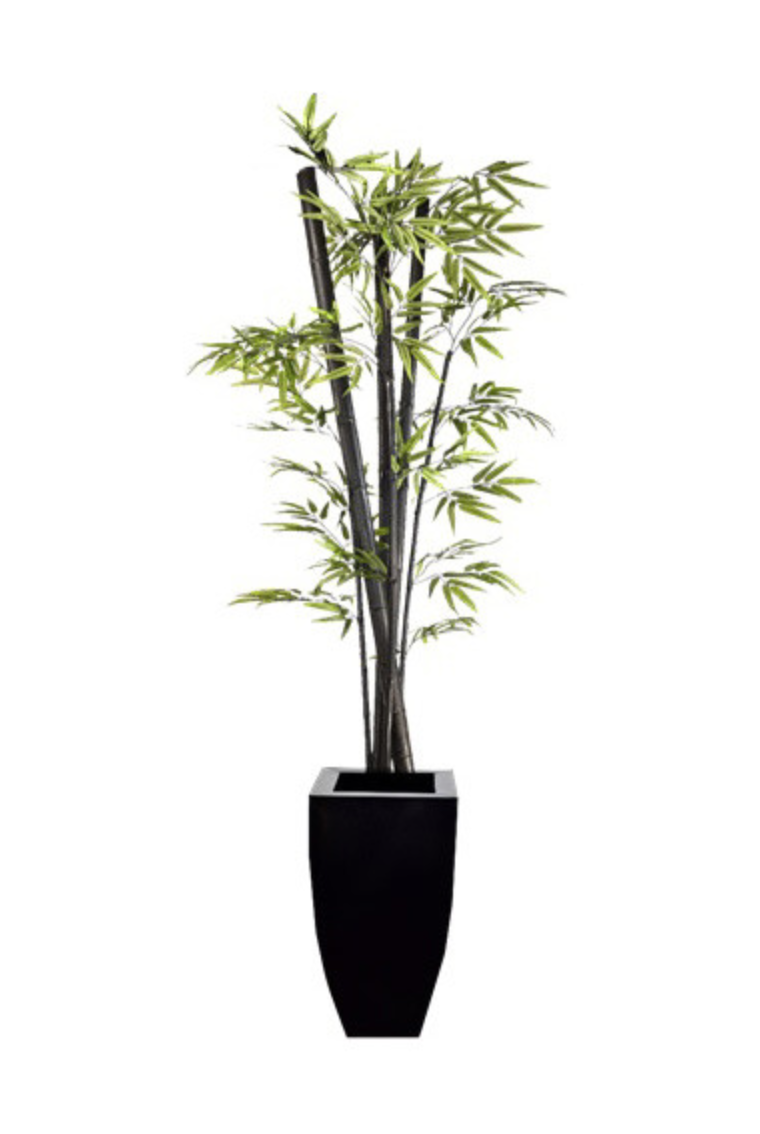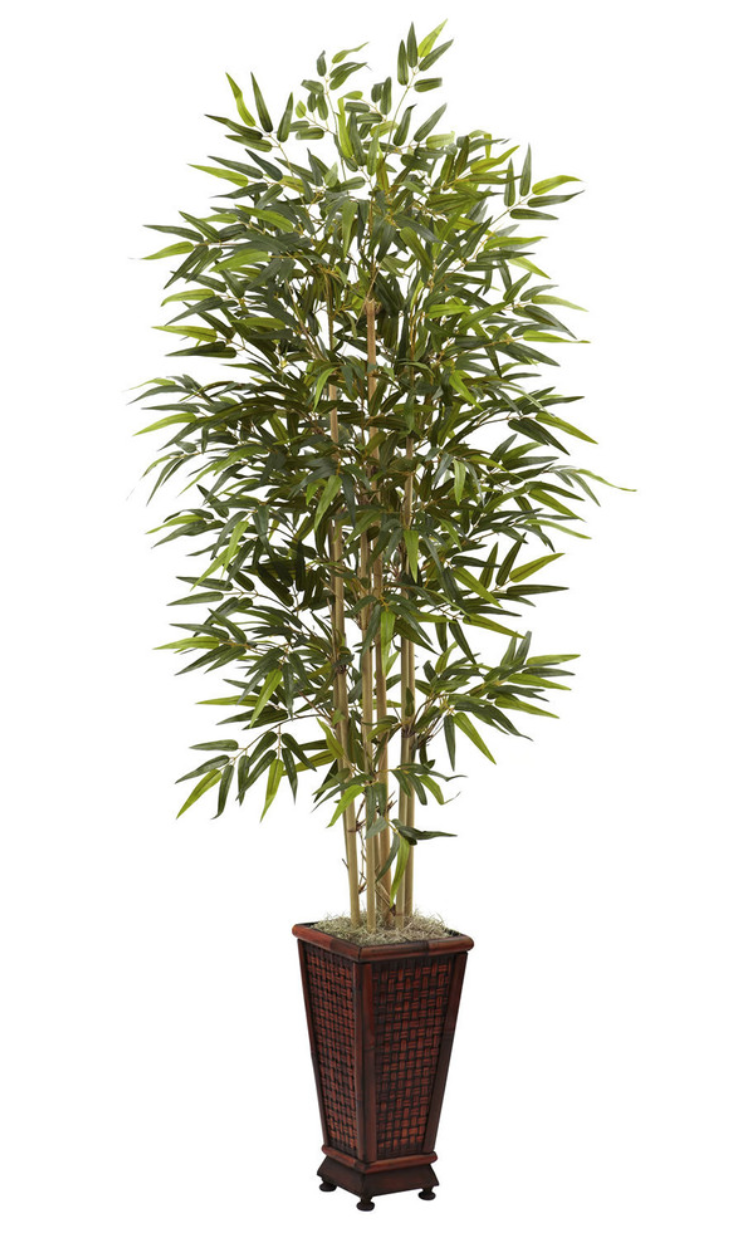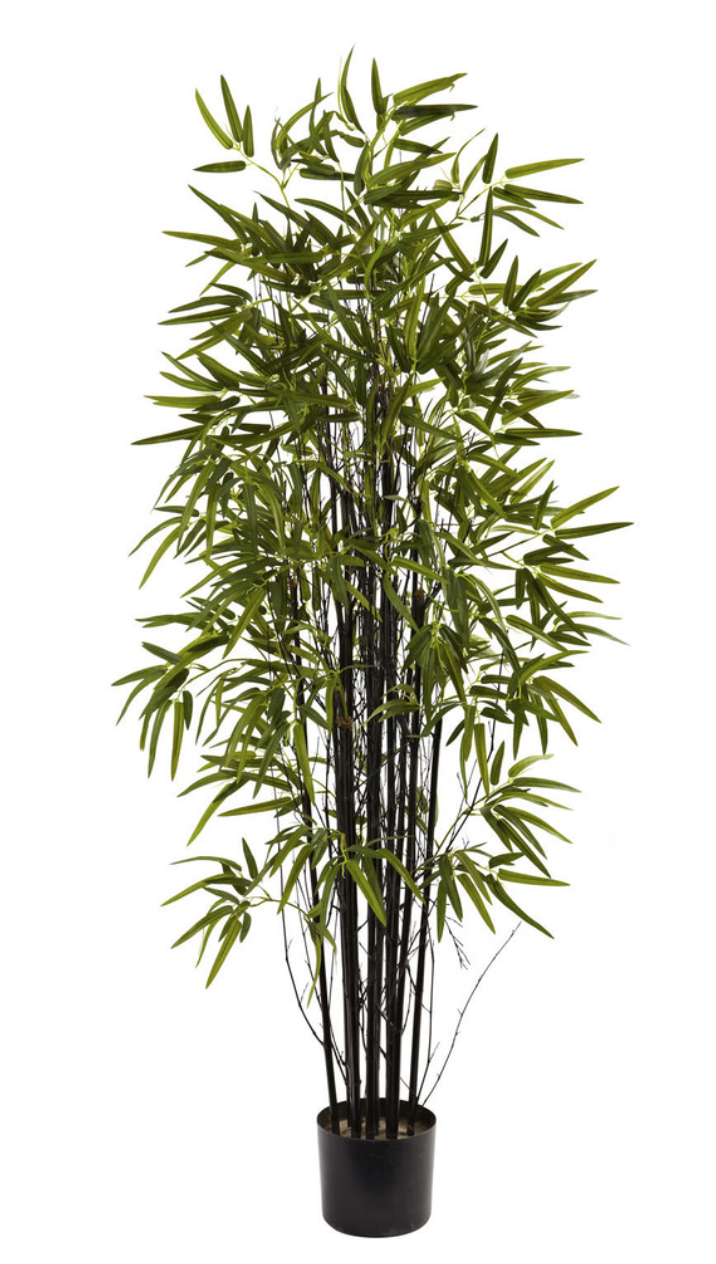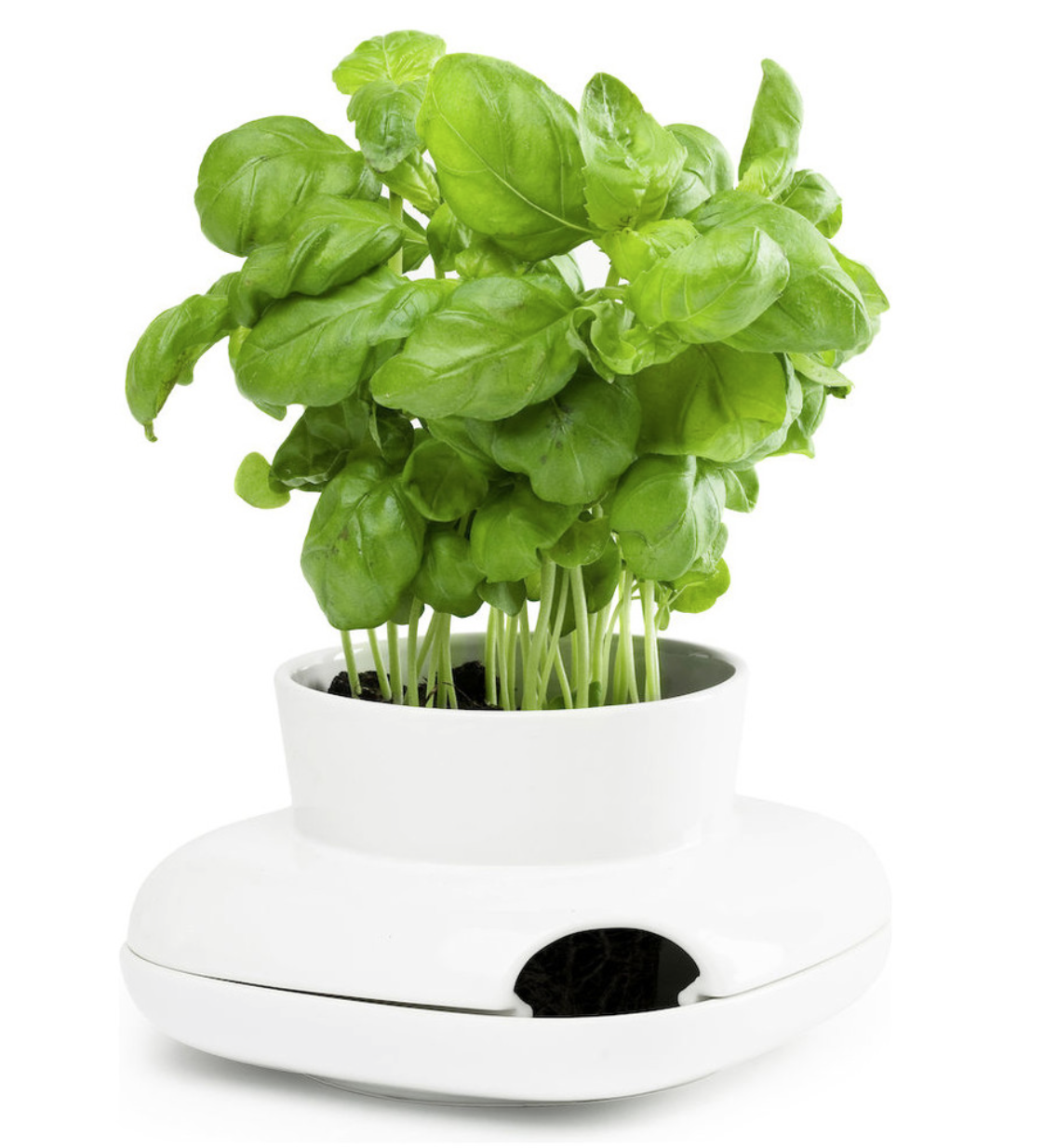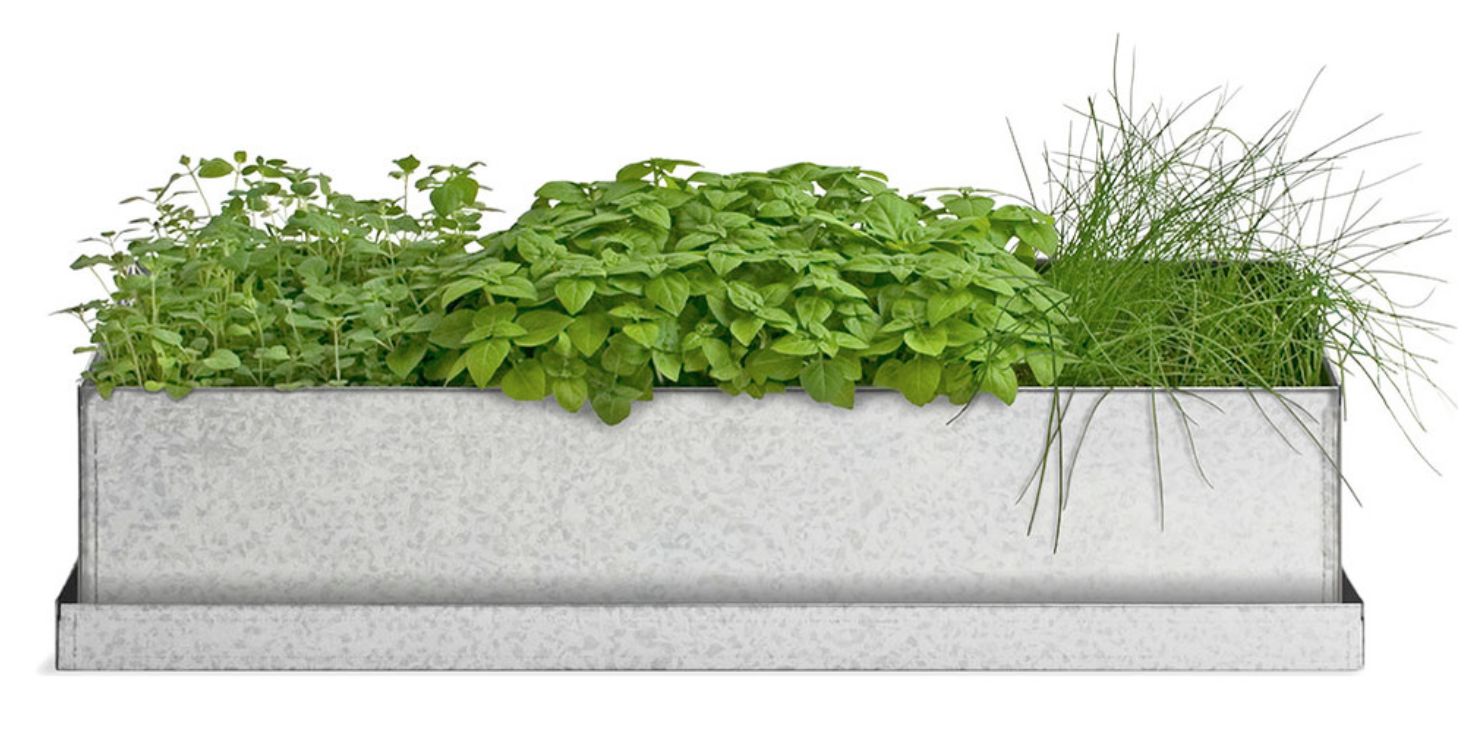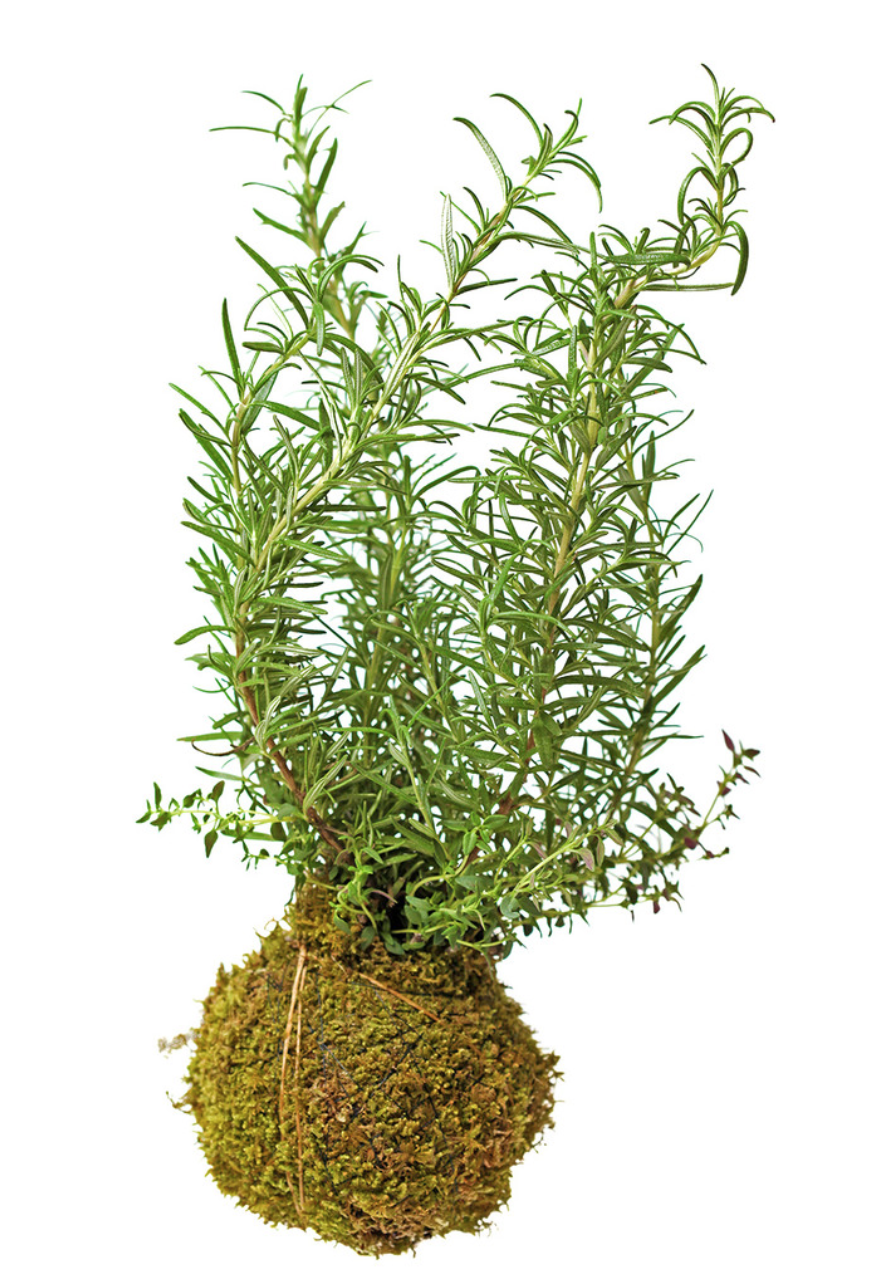3 Plants to Make You Happy (Or Less Miserable)
/Whether you’re moving into a new place or trying to make your marital home your own, one surprisingly easy way to add new life to an old place is by bringing in plants. Jodi Topitz founded We2Me after her own divorce.
Topitz recommends three types of plants for bringing in green: air plants, bamboo and herbs.
“Plants automatically give you something to care for besides yourself. You’re responsible for another living thing,” says Topitz. “Caring for something else takes your focus off yourself. It’s almost like having a pet. It’s like pet therapy. It’s plant therapy. You’re responsible for something beautiful, living. So it’s good psychologically."
Even seeing a photo of nature can be uplifting, but the real deal is better, says Topitz. "This is why hospitals try to have rooms with a view. Nature helps you heal faster psychologically and physically."
Plants are a symbolic presence—something is actually growing on the shelf there—and they create oxygen in your home, a sense of air and breath and space.
"Nature represents spring, renewal, rejuvenation, new growth. That represents what you’re doing. You’re growing and learning about yourself."
Here are three types of plants that can help you make your home support you in divorce:
AIR PLANTS: Surviving and Thriving on Next to Nothing
“You barely have to do anything with air plants, and they grow. They’re kind of magical," says Topitz. This hardiness can symbolize the ability to thrive on what looks like nothing. "You have this plant that barely needs dirt or water, and it grows into this beautiful, self-sufficient being. It doesn’t need a lot of care. People after divorce can feel like they’re left with nothing and are starting over. Sometimes that is the case. I lost everything—my house of 20 years, my retirement. I felt like I had nothing," says Topitz.
"It goes to show that with very little, you can blossom into something better and bigger than you ever were."
Air plants are also unusual looking, all soft lines, few angles. "They curve out and float anywhere. They’re unique. We’re all unique and we go through our healing process after divorce in our own unique ways, at different speeds and in different way," says Topitz.
BAMBOO: Hardy and Indestructible, Like You
“Black bamboo is extraordinarily rare," says Topitz. It can take a while to root, but once it does, it's so strong as to be nearly unstoppable. "You can’t get rid of it. It just keeps growing. It’s so hardy. Bamboo is used for countertops, picture frames, furniture and bridges because it’s so strong."
Symbolically? So are you. "In divorce, it can take a while to feel grounded. But once you do, you’re unstoppable. You find yourself. You’re strong. You’re whole. You want to have a plant like that, and you want to be that way. It’s almost like the metaphor for, ‘What doesn’t kill you makes you stronger.’ You’re still alive. You’re still kicking. You’re going to come out of it stronger.".
"To me, bamboo symbolizes amazing growth after a transition—becoming yourself."
It can be hard to find black bamboo at a local nursery, and Topitz advises ordering online. "You can plant it outside or get a couple of stalks and put it in a glass of water."
HERBS: Beautiful, fragrant and useful
"Herbs are so cool because they do all the things that the other plants do, but you can also cook with them, make them into tea, and use them for medicinal purposes. They're nourishing for the soul and the body.
"They also promote experimentation in the kitchen. Maybe you want to cook more. The whole thing about caring for yourself and for others. And they're fragrant."
You can grow herbs indoors and out. Topitz recommends thyme, rosemary and basil for their physical and visual benefits. Whether you grow them indoors or out, herbs give your home a feeling both of being cared for and being a nurturing respite from the world.
***
Wendy Paris is the author of Splitopia: Dispatches from Today's Good Divorce and How to Part Well (Simon & Schuster/Atria, 2016). Splitopia and her work on divorce have been covered by The New York Times, Real Simple, the Washington Post, the New York Post, The Globe & Mail, Psychology Today, the Houston Chronicle, Salon.com, Parents.com, Family Law Quarterly, PsychCentral.com and radio and TV shows nationwide. She has an MFA in creative nonfiction writing from Columbia University, and is an advocate for family law reform. She is divorced, and lives in Santa Monica, California, a few blocks from her former husband, with whom she has a warm co-parenting relationship.


